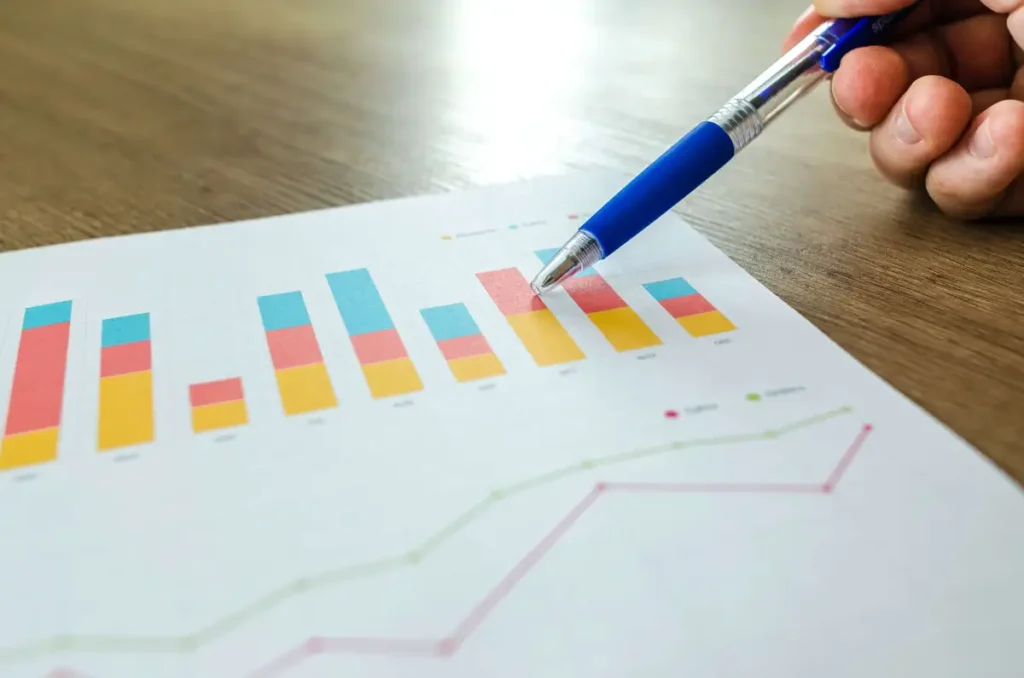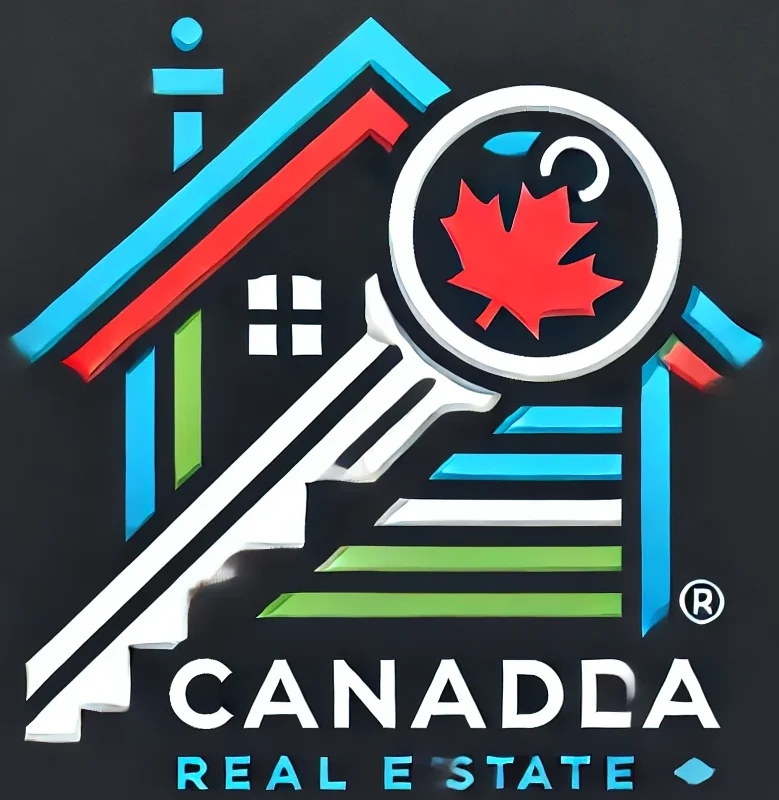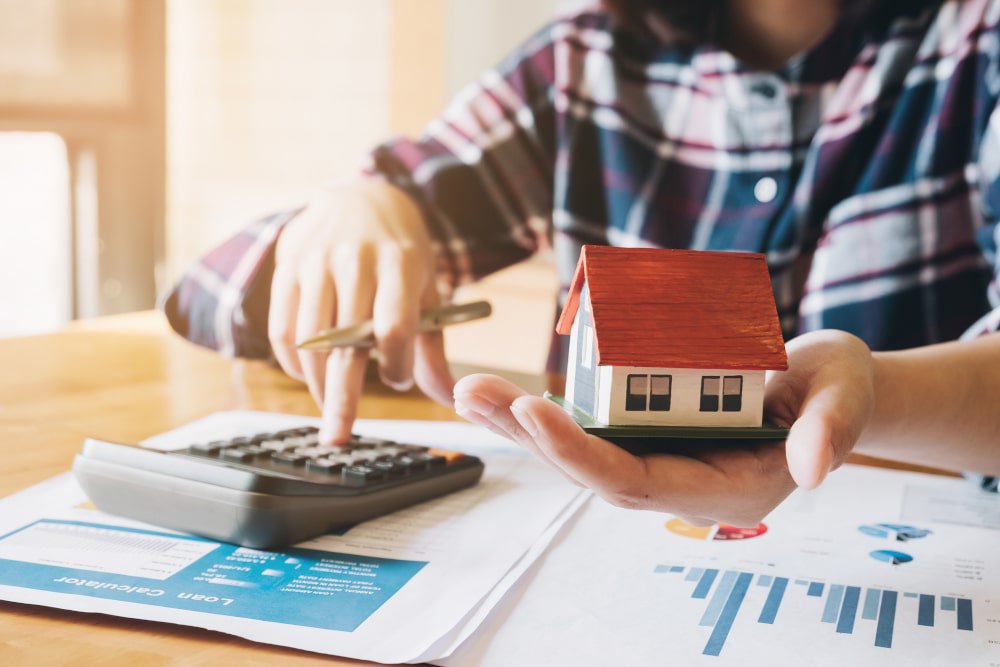Buying a home is one of the most significant financial decisions most Canadians will make, yet many buyers focus solely on the purchase price and down payment. While these are crucial, there are several hidden costs associated with homeownership that can catch buyers off guard if not properly planned for. Understanding these expenses is essential for creating a realistic budget and avoiding financial strain. This guide provides a breakdown of the additional costs that homebuyers in Canada should anticipate and prepare for.

Closing Costs
Closing costs are the expenses incurred at the final stage of a real estate transaction. These can add up to 1.5% to 4% of the home’s purchase price, depending on the property’s location and specific requirements. Key closing costs include:
- Land Transfer Tax (LTT): Most provinces charge a land transfer tax based on the property’s value. First-time buyers may qualify for rebates in some provinces, such as Ontario and British Columbia.
- Legal Fees: Hiring a lawyer or notary to handle the legal aspects of the purchase, such as title transfer and contract review, typically costs between $1,500 and $2,500.
- Title Insurance: Title insurance protects buyers against issues such as liens or disputes over property ownership. Costs range from $200 to $400.
- Appraisal Fees: Lenders often require an appraisal to confirm the property’s market value, costing $300 to $500.
- Home Inspection: A professional inspection to assess the property’s condition usually costs between $400 and $600.
- Mortgage Default Insurance: If your down payment is less than 20%, you’ll need to pay mortgage default insurance, which can range from 2.8% to 4% of the mortgage amount.

Ongoing Costs
Homeownership comes with recurring expenses that can significantly impact your monthly budget. These include:
- Property Taxes: Municipalities levy property taxes annually based on the assessed value of your home. Rates vary by location and can range from 0.5% to 2.5% of the property’s value.
- Home Insurance: Home insurance is mandatory for mortgage approval and protects against damage or loss. Costs typically range from $700 to $1,500 annually, depending on the property’s location, size, and coverage.
- Utilities: Heating, electricity, water, and waste management can add $200 to $500 per month, depending on the home’s size and energy efficiency.
- Maintenance and Repairs: Regular upkeep, such as lawn care, HVAC servicing, and minor repairs, can cost 1% to 3% of the home’s value annually. For older homes, maintenance costs may be higher.
- Condo Fees: If purchasing a condo, monthly maintenance fees are required to cover building upkeep, amenities, and shared utilities. These can range from $200 to $1,000 or more, depending on the property.
Unexpected Costs
Owning a home also means being prepared for unexpected expenses that can arise at any time. These include:
- Major Repairs: Replacing a roof, fixing a foundation, or repairing plumbing systems can cost thousands of dollars. Building a contingency fund for these expenses is essential.
- Appliance Replacement: Appliances like refrigerators, ovens, and water heaters have finite lifespans. Replacing these items can cost $1,000 to $5,000 or more.
- Pest Control: Infestations by termites, rodents, or ants may require professional intervention, which can cost several hundred dollars or more.
- Emergency Expenses: Unforeseen issues like storm damage or flooding can require immediate attention, often involving significant costs.
Additional Considerations
Homebuyers should also account for costs related to lifestyle adjustments and personal preferences:
- Renovations and Upgrades: Many buyers choose to customize or modernize their new homes. Renovation costs vary widely but can range from $5,000 for minor updates to tens of thousands for major projects.
- Furniture and Decor: Moving into a larger space or changing your decor style may require purchasing new furniture and accessories. This expense can range from a few hundred to several thousand dollars.
- Moving Costs: Hiring movers, renting a truck, and purchasing packing supplies can cost $1,000 to $3,000, depending on the distance and volume of belongings.
Tips for Managing Hidden Costs
- Create a Comprehensive Budget: Include all potential costs, from closing fees to ongoing expenses, to ensure you’re financially prepared.
- Build an Emergency Fund: Set aside at least 3 to 6 months’ worth of expenses to cover unexpected costs.
- Negotiate Closing Costs: Some fees, such as lender charges or legal fees, may be negotiable. Shop around to find the best rates.
- Plan for Maintenance: Allocate 1% to 3% of your home’s value annually for upkeep to avoid surprises.
- Understand Your Mortgage Terms: Know whether your mortgage includes escrow accounts for property taxes and insurance, as this can affect your monthly payments.

Conclusion
The hidden costs of buying a home in Canada extend far beyond the down payment and purchase price. From closing fees and property taxes to ongoing maintenance and unexpected repairs, these expenses can add up quickly. By understanding these costs and budgeting for them in advance, homebuyers can make more informed decisions and enjoy greater financial stability as they transition into homeownership. Proper planning ensures that owning a home remains a rewarding and sustainable investment.

